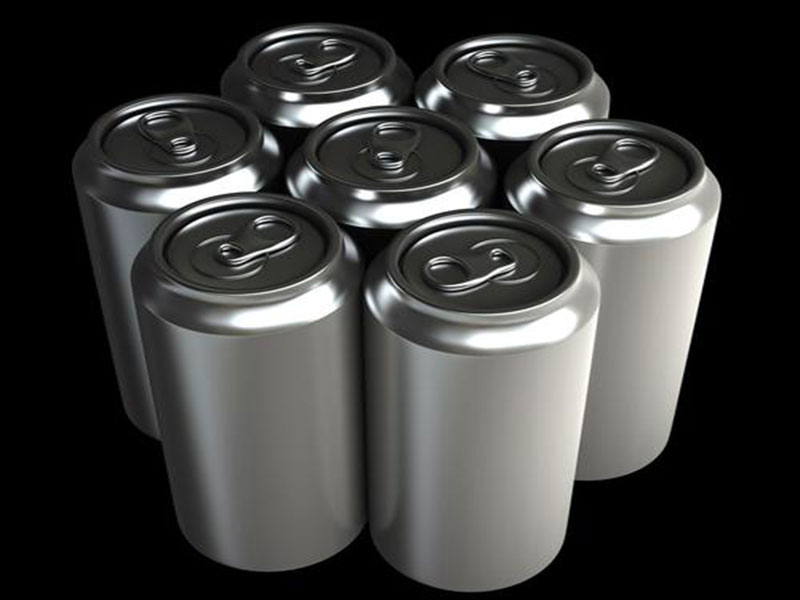
Aluminum Can Material Technical Specification
Aluminum alloys possess unique characteristics including:
Low density with high specific strength
Excellent electrical and thermal conductivity
Superior corrosion resistance
Widely used in food packaging, maritime, aviation, automotive, petrochemical, telecommunications, nuclear energy, and space technology sectors.
Aluminum alloy thin-gauge cans produced through this process feature:
Dense microstructure with no shrinkage porosity, cracks, or other defects
Optimized casting processes via numerical simulation of filling and solidification phases to minimize casting flaws.
Modern requirements for beer, beverage, and food cans include:
Protection against external environmental factors (light, gases, mechanical damage)
Non-damage to packaged contents and vice versa
Availability in standardized specifications
Attractive design for consumer appeal
Convenient food access for consumers
Compatibility with standard filling/packing equipment
Cost-effectiveness
Aluminum can materials meet all specified requirements:
Lightproof and impermeable to air, water vapor, and other gases
Resistance to all common food preservation treatments (freezing, dehydration, thermal sterilization)
Neutral taste and inhibition of bacterial growth
Corrosion resistance against both dry and near-neutral pH wet packaging materials (enhanced with coatings)
Excellent formability for diverse container shapes and sizes
Seamless construction (no side/body welds), eliminating potential weak points
Enhanced creep resistance at side seams for pressurized beverage containers
Natural silver-white finish compatible with spraying and coloring
Easy-open lids for quick consumer access (tear-off lids for solids, removable caps for liquids)
Comparable rigidity to tinplate cans while allowing high-speed filling on conventional lines (with modifications to reduce magnetic dependence)
Lightweight design (bottom seam elimination reduces weight)
Wall thickness reduction to 0.114–0.152mm for beverage cans
Gas reinforcement mechanism:
Carbonated beverages utilize internal gas pressure to strengthen sidewall resistance
Non-carbonated drinks (juices, water) employ liquid nitrogen injection (volume expansion ×700 upon vaporization) to enhance mechanical strength